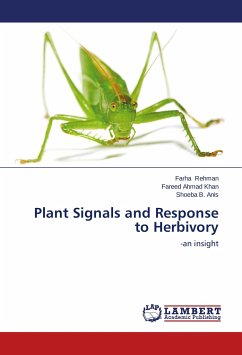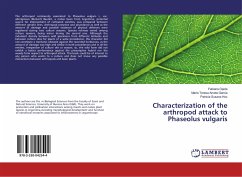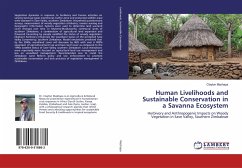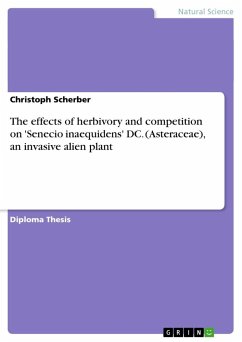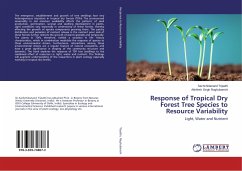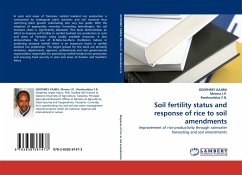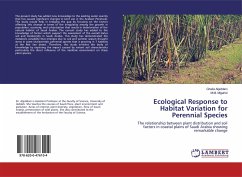Plants have evolved ways and means to protect themselves from their enemies. The plants form the base of ecosystems and convert solar energy into organic molecules. The part of this energy passes from plants to herbivores to carnivores via the mechanisms of herbivory and predation. In this process only a limited amount of biomass is partitioned to herbivores in a cyclic manner, the rest of organic matter is stored in the form of plant body. Through mechanical and chemical defense mechanisms plants have evolved checks and balances to control the herbivores and activate predation through the chemicals sequestered by them. The authors found that proline estimates of maize plant may be reliably used to determine the extent of herbivory caused by grasshoppers. Proline accumulates in insect attacked plants for a longer duration (unlike volatile chemical signals) and can be estimated even after the insects have disappeared. The work highlights the utility of proline as a reliable parameter in the light of available literature.
Bitte wählen Sie Ihr Anliegen aus.
Rechnungen
Retourenschein anfordern
Bestellstatus
Storno

